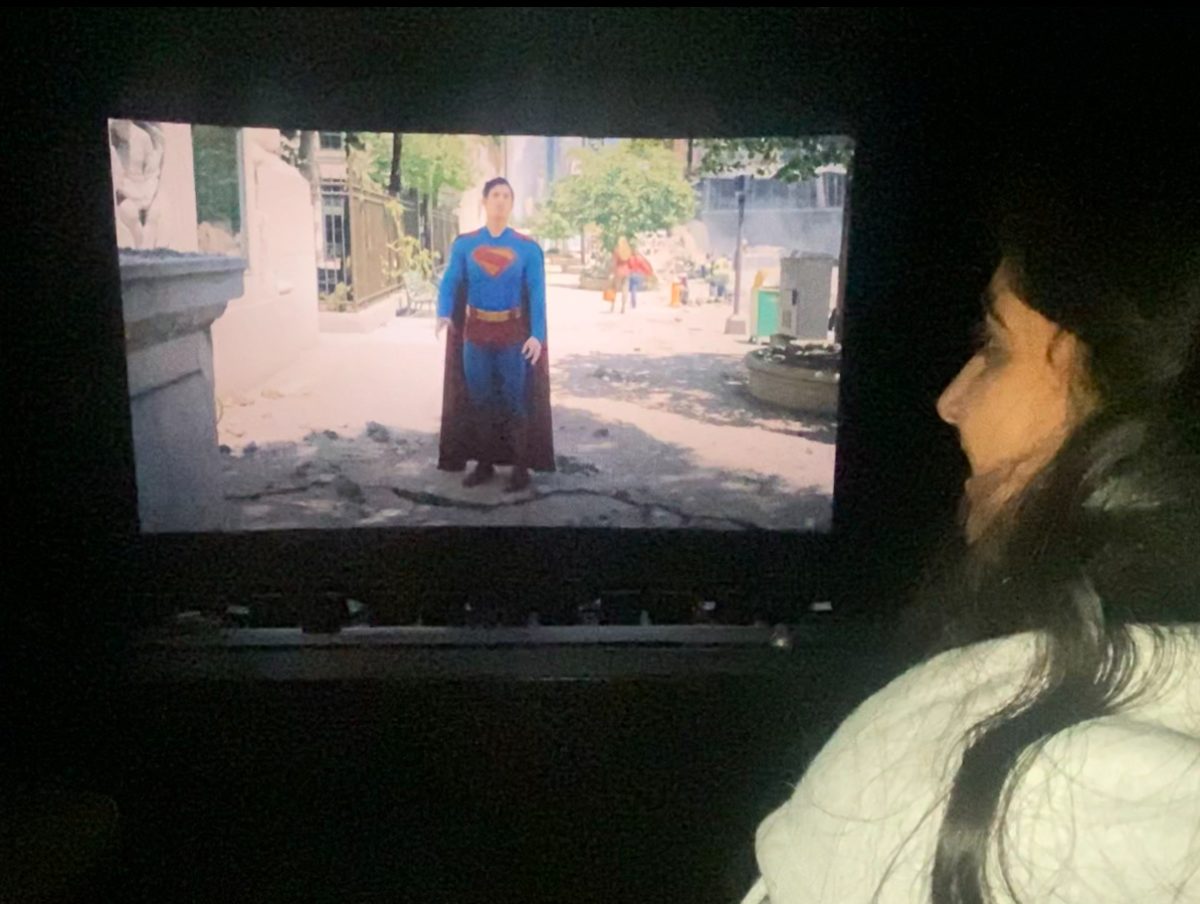Sean Baker doesn’t flinch. That’s why he’s one of the boldest filmmakers working today, a name synonymous with stories that others are too afraid to touch. And yet, even with a string of critically acclaimed hits under his belt, it wasn’t until Baker snagged the Palme d’Or at the Cannes Film Festival that the industry seemed to start paying attention.
Sex work has been a recurring theme in Baker’s catalogue, a complicated subject that he handles with empathy and precision, refusing to lean into cheap stereotypes, which occasionally gets him accused of “poverty porn.” But in “Anora,” his latest and most talked-about film yet, the topic isn’t just part of the story, it is the story. With near universal praise and a wave of attention, “Anora” might just be Baker’s most groundbreaking work yet.
It’s impossible to talk about “Anora” without talking about Mikey Madison, the heart and soul of the film. Recognizable from her work on “Scream” (2022) and Quentin Tarantino’s “Once Upon a Time in Hollywood,” Madison delivers a career-defining performance here that feels like an instant classic. Her portrayal of the character Ani isn’t just good – it’s legendary. Comparing her work to icons like Marlon Brando in “The Godfather” or Audrey Hepburn in “Roman Holiday” might seem bold, but it’s entirely justified. If she doesn’t take home an Oscar, it’ll be the upset of the decade.
Baker’s genius as a director lies in the hyper-realistic worlds he creates. From “The Florida Project” to “Red Rocket,” he shows mirror-like views into the lives of people with authenticity. Baker dominates the slice of life genre like few others have been able to. He does it in a way that separates him from other auteur voices such as Greta Gerwig and Richard Linklater, whose characters tend to swim in warmer indie pools. Baker’s worlds are raw, real and unafraid; “Anora” is no different. Madison is an embodiment of the core of her character so deeply that it’s hard to tell where fiction ends and reality begins. In a post-strike era when audiences are famished for authenticity, Madison is that perfect actress who leads the charge.
Yet, “Anora” is divisive, mostly because of its very subject matter. Every time a movie comes out that handles sex work, different generations bring up the debate surrounding it. Each generation has this conversation in their own ways. As much as sex work has become a mainstream conversation, in the box office success “Hustlers,” (2019) the stigma still persists. Audiences seem to prefer a romanticized version of the industry – think “Pretty Woman” — rather than the gritty realism that Baker provides. Despite this resistance, “Anora” forces viewers to confront uncomfortable truths and challenge their preconceptions.
In many ways, “Anora” is to sex work what Al Pacino’s “The Panic in Needle Park” was to drug addiction in the 1970s – a harsh, unflinching look at a taboo topic. Like Pacino’s controversial film, “Anora” dares to push the envelope, and with it comes one important question: Will society ever understand or respect these stories? Perhaps, but the hope it instills for further and more candid conversations indicates that it is a needed cultural milestone right now.
At its core, “Anora” isn’t just a film – it’s a statement. It’s Baker at his most daring and Madison at her absolute peak. Whether the world is ready to embrace it or not, this is the kind of storytelling that changes industries, challenges norms and creates dialogue. If that’s not what cinema is for, then what is?


![Junior Grace Song rewatches the trailer for Anora. Promoted as "A Love Story from Sean Baker," it is the eighth feature film under Baker's belt starring Mikey Madison in the titular role. "[Anora] accurately represents women overseen and easily taken advantage of. It emotionally enticed me. The ending is so good," Song said.](https://woottoncommonsense.com/wp-content/uploads/2024/11/Rc5RQTdjtUFtyT7IyQe1rSxkpOTc6NoksY8jtoop-e1732201365565-1200x900.jpg)







John Simon • Dec 9, 2024 at 10:14 AM
Funnily enough, my wife and I left the cinema feeling the exact opposite. The film did “lean into cheap stereotypes”. Apart from Madison and cameo roles from the grotesque boy-child’s parents, the acting was lame and dull, interspersed with gratuitous frat-party titillation. Florida Project and Tangerine deserved their accolades, but Anora’s nowhere near that level imho.
Ahmed • Jun 2, 2025 at 9:18 AM
The period goes inside the quotation marks